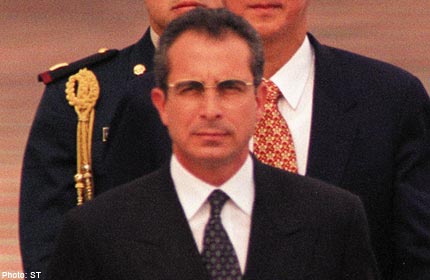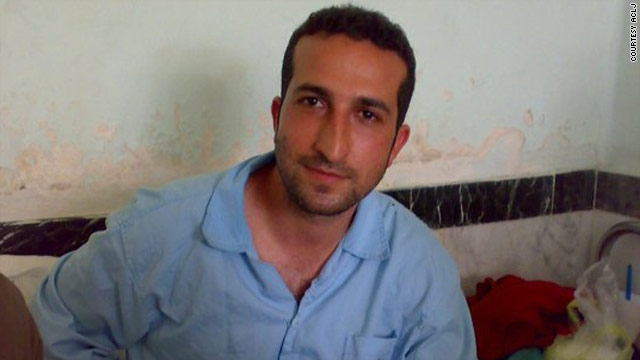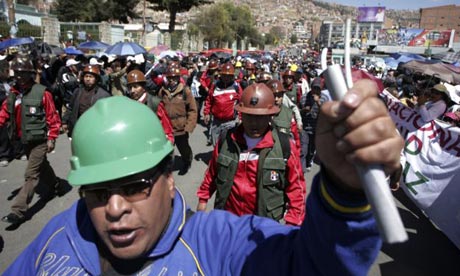By Daniel M. Austin
Impunity Watch Reporter, Africa
ARUSHA, Tanzania – On Friday, September 30, Casimir Bizimungu, the former Rwandan health minister, and Jerome-Clement Bicamumpaka, the former foreign affairs minister in the Rwandan government during the 1994 genocide, had their convictions thrown out by the Appeals Chamber for the International War Crimes Tribunal for Rwanda (ICTR). The Appeals Chamber found a lack of evidence to support the convictions. Along with ruling on the convictions of these two ministers, the Appeals Chamber also upheld the sentences of two other ministers, Mr. Prosper Mugiraneza, the former civil service minister, and Mr. Justin Mugenzi, the former trade minister. Up to this date, Mr. Bizimungu and Mr. Bicamumpaka are the highest ranking officials to have their convictions overturned in the International War Crimes Tribunal for Rwanda (ICTR). Both men were quickly released after their convictions were thrown out.

The four ex-ministers had been jointly charged with a variety of crimes related to the 1994 slaughter of nearly 1,000,000 people. The crimes included genocide, conspiracy to commit genocide, complicity in genocide, direct and public incitement to commit genocide, crimes against humanity (murder, extermination and rape) and war crimes. In the present case, all four ministers had been accused of calling for the killing of Tutsis during radio announcements and in public meetings that were held across Rwanda.
Speaking after the verdict had been announced, Mr. Bizimungu told Hirondelle news agency, “I am very happy and thank all the people who contributed to this success, I will mention first my lawyers, then my family, my friends, and I thank God.” Additionally, Mr. Bizimungu’s lead defense counsel expressed satisfaction, proclaiming “There is justice, there is justice. I am very happy.”
The two ministers who had their convictions upheld, Mr. Mugiraneza and Mr. Mugenzi were each sentenced to 25 years in prison. The trial for all four ministers took place from 2003 to 2008. Today’s decision comes nearly eight years after that trial began. Moreover, all of the ministers have been in ICTR custody for nearly twelve years. According to the tribunal, Mr. Bizimungu was arrested in Kenya in February 1999, while the other three former ministers were all arrested in Cameroon in April 1999.
Commenting on the conviction of Mr. Mugenzi and Mr. Mugiraneza, ICTR Prosecutor Hassan Bubacar Jallow claimed ‘’We clearly welcome the conviction of the two, Mugenzi and Mugiraneza, for the crimes of conspiracy to commit genocide and also direct and public incitement to commit genocide.” However, when asked about whether the Prosecution would appeal the two acquittals, Mr. Jallow said he could not give an evaluation “until we receive the full judgment, look at it and consider whether there is any reason to proceed with the appeal”.
The International War Crimes Tribunal for Rwanda is based in the town of Arusha, Tanzania. The tribunal was formed in 1994 to try the alleged perpetrators of the genocide which killed nearly 800,000 people who were predominantly Tutsis.
For more information, please see:
BBC — Rwanda genocide court jails former ministers — 30 September 2011
Reuters — U.N. court acquits two ex Rwandan ministers of genocide –30 September 2011
Hirondelle News Agency – ACQUITTED EX-MINISTER HAPPY, PROSECUTOR TO DECIDE ON APPEAL – 30 September 2011


